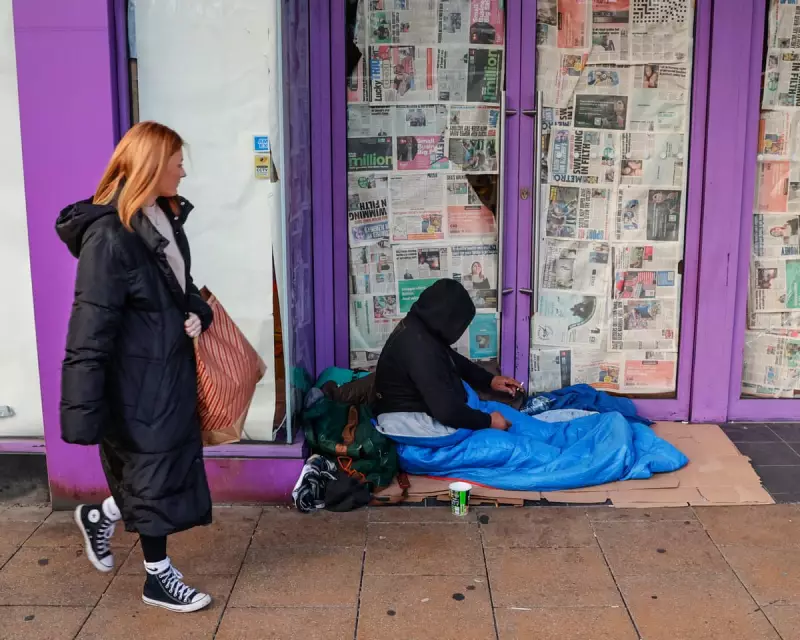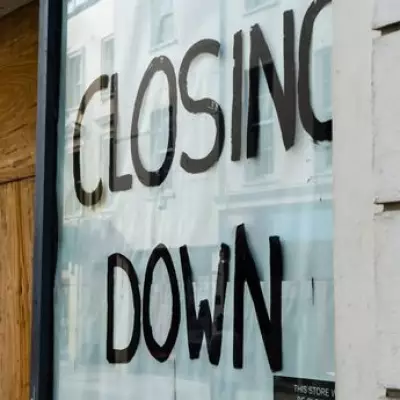
In a landmark move to combat financial exclusion, the UK government has announced a pioneering pilot scheme that will help homeless people access basic banking services. The initiative, set to launch in January, represents a significant step toward addressing the banking barriers that have long plagued vulnerable individuals.
Breaking Down Banking Barriers
The innovative programme will enable participating banks to accept applications from homeless individuals using temporary accommodation addresses from hostels and shelters. This crucial change addresses one of the most significant obstacles homeless people face when trying to open bank accounts – the requirement for a permanent address.
How the Scheme Will Work
Under the new system, banks involved in the pilot will:
- Accept temporary accommodation addresses for identification purposes
- Work closely with homelessness charities and support organisations
- Provide specialist training for staff to handle applications sensitively
- Simplify the verification process while maintaining security standards
A Lifeline for Vulnerable Individuals
Access to banking services is more than just financial convenience – it's a gateway to stability and opportunity. Without a bank account, homeless individuals struggle to receive wages, benefits, or universal credit payments securely. Many resort to carrying cash, making them vulnerable to theft and further hardship.
The scheme has received strong backing from major homelessness charities, who have long advocated for such measures. They argue that banking access is fundamental to helping people rebuild their lives, find employment, and secure permanent housing.
Government and Banking Sector Collaboration
The pilot represents a collaborative effort between government departments and the banking industry, demonstrating a shared commitment to tackling financial exclusion. If successful, the scheme could be rolled out nationwide, potentially transforming the lives of thousands of homeless people across the UK.
This initiative comes amid growing recognition that financial services should be accessible to all members of society, regardless of their housing situation. It marks a positive step toward creating a more inclusive banking system that serves everyone's needs.






